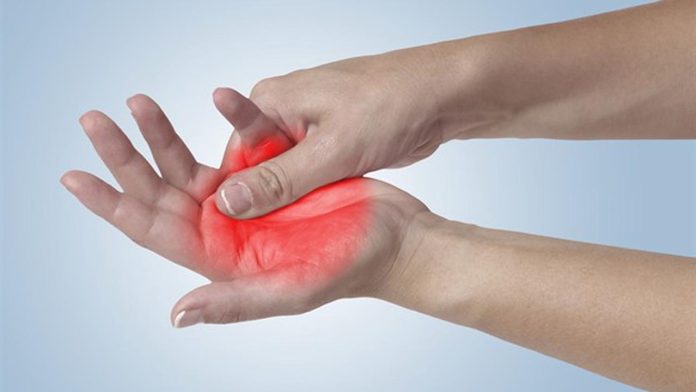How do you know you have neuropathy? Neuropathy usually occurs due to nerve damage. The most typical signs that show if you have neuropathy is experiencing feelings of numbness and weakness on the hands and feet. It’s good to have it checked by a medical professional to avoid severe cases. Experts in neuropathy in San Jose have all the answers regarding the disease. Keep reading to learn more about what it entails.
What is neuropathy?
It is a condition that causes the damage or malfunction of nerves. The term neuropathy also describes the issues of the peripheral nervous system. Peripheral nerves act as messengers from your brain to the body, hence located outside the brain and the spinal cord.
What are the causes of neuropathy?
Different issues may lead to neuropathy, such as nerve compression, physical injuries, damage caused by diseases, toxins, and more. Neuropathy may also occur due to health conditions, such as:
- Blood vessel disorders
- Autoimmune disease
- Viral and bacterial infections
- Certain medications
- Systemic lupus erythematosus
- Kidney and liver disease
- Vitamin deficiencies
- Postherpetic neuralgia
You are also likely to have neuropathy if you have a family history of the disease.
What is peripheral neuropathy?
It affects the peripheral nerves. Diabetes is among the primary causes of peripheral neuropathy. (maybach.com) The condition occurs when high blood sugar levels damage the tiny nerves.
Neuropathy that results from diabetes causes damage to the nerves in your feet and eyes. It causes ulcers on the feet that are slow to heal and painful. It also affects your eye’s health, increasing your risk of blindness or vision loss.
What are the symptoms of neuropathy?
Neuropathy symptoms depend on the nerve affected.
Sensory nerves
They are responsible for grasping and conveying sensory information from the body to the brain. When affected, sensory nerves lead to sharp, burning pain and a tingling, hypersensitive, and numbness.
Motor nerves
Motor nerves enhance muscle movement all over the body. Neuropathy leads to these nerves causing cramps and muscle weakness or atrophy.
Autonomic nerves
They regulate vital body functions to ensure your survival, including breathing, heart rate, and digestion. Symptoms vary, based on the specific nerve affected, such as excessive sweating, dizziness, or irregular heartbeat.
What are the treatments for neuropathy?
Your treatment at South Valley Neurology begins with a comprehensive physical and neurological examination. Your provider may also request blood tests for further evaluation, among other diagnostic tests. Electromyography and nerve conduction tests may also be necessary to check your electrical activity.
When your neuropathy results due to an existing condition, your doctor at South Valley Neurology, provides treatment for the condition, which relieves the neuropathy. Usually, your provider tailors your treatment to eliminate exact symptoms.
Other treatment options may include:
- Steroid injections
- Nerve blocks
- Pain medications
Neuropathy occurs due to nerve damage. It affects different types of nerves, leading to different symptoms. The most common symptoms include tingling, numbness, and weakness sensations. You are likely to develop the disease if you have a family history of neuropathy. It is essential to have a thorough diagnosis if you suspect neuropathy. Contact South Valley Neurology today to schedule your treatment.
















